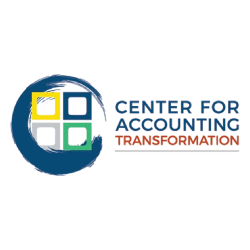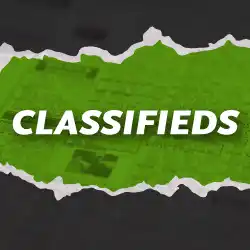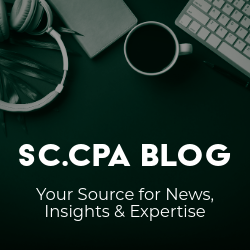The new legislative session kicked off on Tuesday, January 14, marking the beginning of South Carolina’s two-year legislative cycle. This first year sets the stage for critical discussions and actions on bills like Senate Bill 176.
South Carolina’s CPA profession is the backbone of our state’s economic stability. To ensure it keeps pace with modern challenges, Senate Bill 176 (S. 176) proposes critical updates to strengthen public protection and address workforce development concerns. Thank you to the members of our Governmental Affairs Committee, Legislators Connection Community, and our partners at Copper Dome Strategies for moving this bill forward. Senator Wes Climer (R-York) is the primary sponsor of S. 176. The bill has been introduced in the Senate and referred to the Committee on Labor, Commerce, and Industry.
Workforce Development: Building the Pipeline
The CPA profession faces a shrinking talent pool, and S. 176 addresses this by introducing flexible licensure pathways and easing unnecessary barriers:
- Flexible Licensure Options: Candidates can now qualify through either a bachelor’s degree and two years of experience or a post-baccalaureate degree and one year of experience, ensuring accessibility without sacrificing standards.
- Extended CPA Exam Window: Expanding the exam window from 18 to 36 months reduces pressure on candidates and strengthens the pipeline of future CPAs.
- Mobility Provisions: Streamlined pathways for out-of-state CPAs to practice in South Carolina make the profession more competitive and attractive to top talent.
Strengthening Public Protection
The foundation of S. 176 is safeguarding the public while ensuring the highest standards of the CPA profession. Key updates include enhancing the South Carolina Board of Accountancy’s ability to oversee out-of-state CPAs ensures all practitioners serving South Carolina residents remain accountable under state law.
Refining Language
Modernized definitions, such as “attest” and “practice of accounting,” now incorporate the integration of electronic files, metadata tags, and current standards, including SAS, SSARS, SSAE, and PCAOB. Additionally, new requirements for firms providing compilation services establish consistent standards and ensure accountability across the profession.
Why It Matters
S. 176 is more than a legislative update; it’s a roadmap for a stronger CPA profession in South Carolina. This bill supports the profession and the businesses it serves by prioritizing public trust and creating opportunities for future CPAs.
Learn more and get involved: Visit scacpa.org/legislative-efforts for the latest updates and ways to support the passage of S. 176. If you’re interested in actively participating in the process and working with our state legislators, join the Legislator Connections Community.



